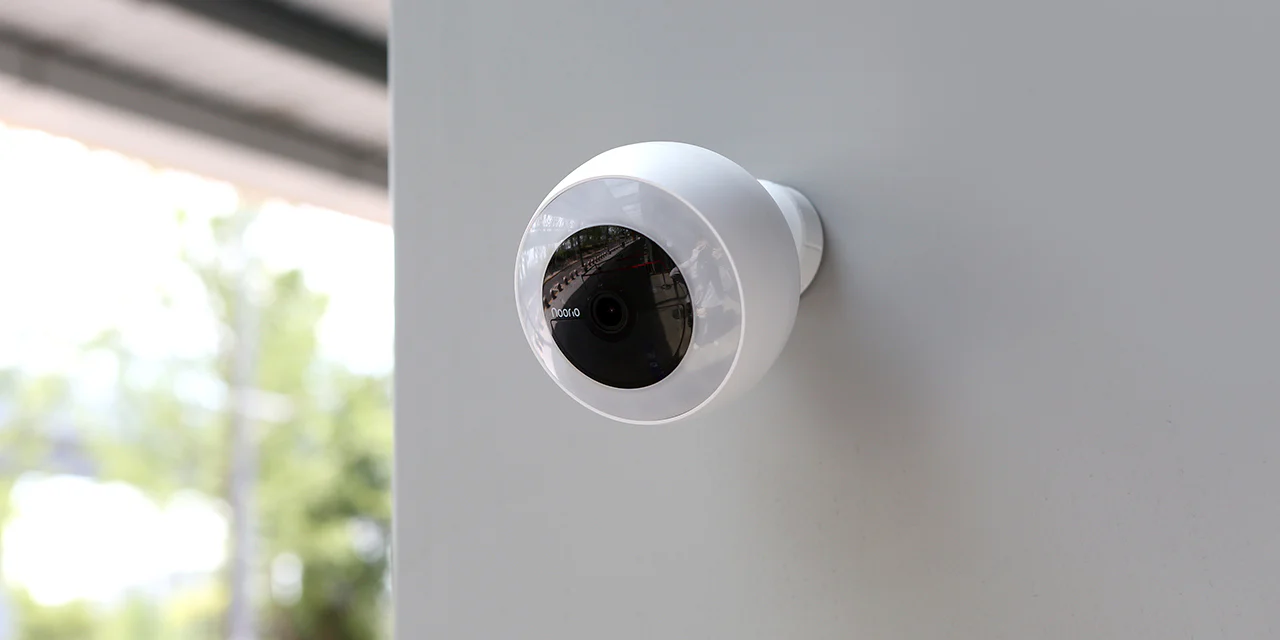Security cameras are now more than just a luxury—they are essential as we get more watchful about protecting our homes. It can be difficult to decide
Security cameras are now more than just a luxury—they are essential as we get more watchful about protecting our homes. It can be difficult to decide between wireless and wired security cameras, though. Each variety, which is made to meet numerous functions and conditions, has unique benefits and downsides. It’s important to think about what suits your particular security requirements before making a decision.
Perhaps you pick the flexibility to easily move and change cameras, or perhaps you’re looking for a dependable connection that a stressed system gives. Regardless of your scenario, understanding how every form of digital camera works will help you make a higher preference for protecting your home. Temporary Construction Security Cameras offer reliable, short-term surveillance options to protect construction areas, tune advancement, and forestall robbery, together with vandalism.
Wi-Fi Security Cameras: What Are They?
Wi-Fi protection cameras provide surveillance gear that helps you monitor your belongings from your cellphone, tablet, or laptop computer. Wi-Fi cameras transmit audio and video through the internet, which makes them more adaptable and less difficult to set up than standard security cameras that require wired connections.
These cameras provide two-way audio, recognition of movement, night vision, and cloud storage. Your device will alert you in real time if there is movement or questionable activity. These cameras are used by many residences and businesses to keep an eye on their property from any location with a connection to the internet.
Cameras That Are Wired
Because of their reputation for dependability and excellent video quality, wired surveillance devices are a common option for the majority of deployments. They provide a reliable connection without relying on wireless signals, which are prone to interference, by delivering both power and data via a single Power over Ethernet (PoE) connection. PoE cameras for surveillance are perfect for general construction projects, such as the majority of industrial buildings in almost every industry that can support the required wiring. Cable cameras are a great option for high-security locations since they rely on a steady, dependable cable data connection.
Benefits Of Installing Security Cameras In Your Home
You may wish to begin adding security cameras for a variety of reasons. Let’s examine a few of the more well-known ones:
- They can aid with property protection.
- They can assist you in apprehending offenders.
- They have the power to discourage criminal activity.
- They can offer mental tranquilly.
Prevent Criminal Activity
Preventing crime is among the most popular justifications for installing a sizable security camera system. Potential offenders are more inclined to try a break-in or perpetrate another crime if they are aware that their actions are being watched. The experts claim that only having a security camera in place can effectively halt criminal behavior.
Keep An Eye On What’s Happening On Your Property
The ability to monitor activities on the premises regardless of whether you are not there is another fantastic feature of home security systems. If you have little children or dogs who are frequently left alone at home, this can be very beneficial. You can check on them all day long using home surveillance equipment to make sure they’re okay.
Keep Your Family Safe
Protecting your family is another justification for installing home security systems. If you have small children, you can utilize an outdoor camera system if they are engaged in activities outside or at the park, and an inside video system if they are playing indoors. Security camera systems can also be used to keep an eye on teens and older kids when they’re at home by themselves. Knowing that kids are safe and not falling into trouble can help you feel more at ease.
Pros Of Wired Cameras
- Consistency: As long as there are no widespread outages, data transmission speeds are steady, and power is predictable when power and data are supplied continuously via a hardwired connection.
- Reliability: With less potential for signal interference, wired connections offer a dependable, steady connection for both power and data. This guarantees a steady, excellent video stream.
- Video quality: Data transmission speeds and utilization are less of an issue when video data is sent via hardwired connections. This implies that feeds of greater quality can be delivered.
- Security: Compared to wireless systems, wired devices are typically thought to be less vulnerable to cybersecurity assaults.
Pros Of Wireless Cameras
- Advantages of Easy Installation: It saves time and money because there is no need to run wires, install electrical wiring, or open up walls or ceilings.
- Flexible Location: Wireless surveillance cameras can be set up in any location with a good signal and can be relocated later if necessary. For mobile installations, wireless cameras are therefore the best option.
- Scalability: If the wireless network can manage the extra capacity, adding more cameras is simpler without incurring expenses for data cabling.
Final Words
Take into account the installation area’s dimensions and design, the necessary video quality, and the frequency of maintenance or upgrades. Wireless systems are simple to set up but may need more frequent inspection to ensure interconnection and system performance than wired systems, which have better long-term durability but can be difficult to install.
